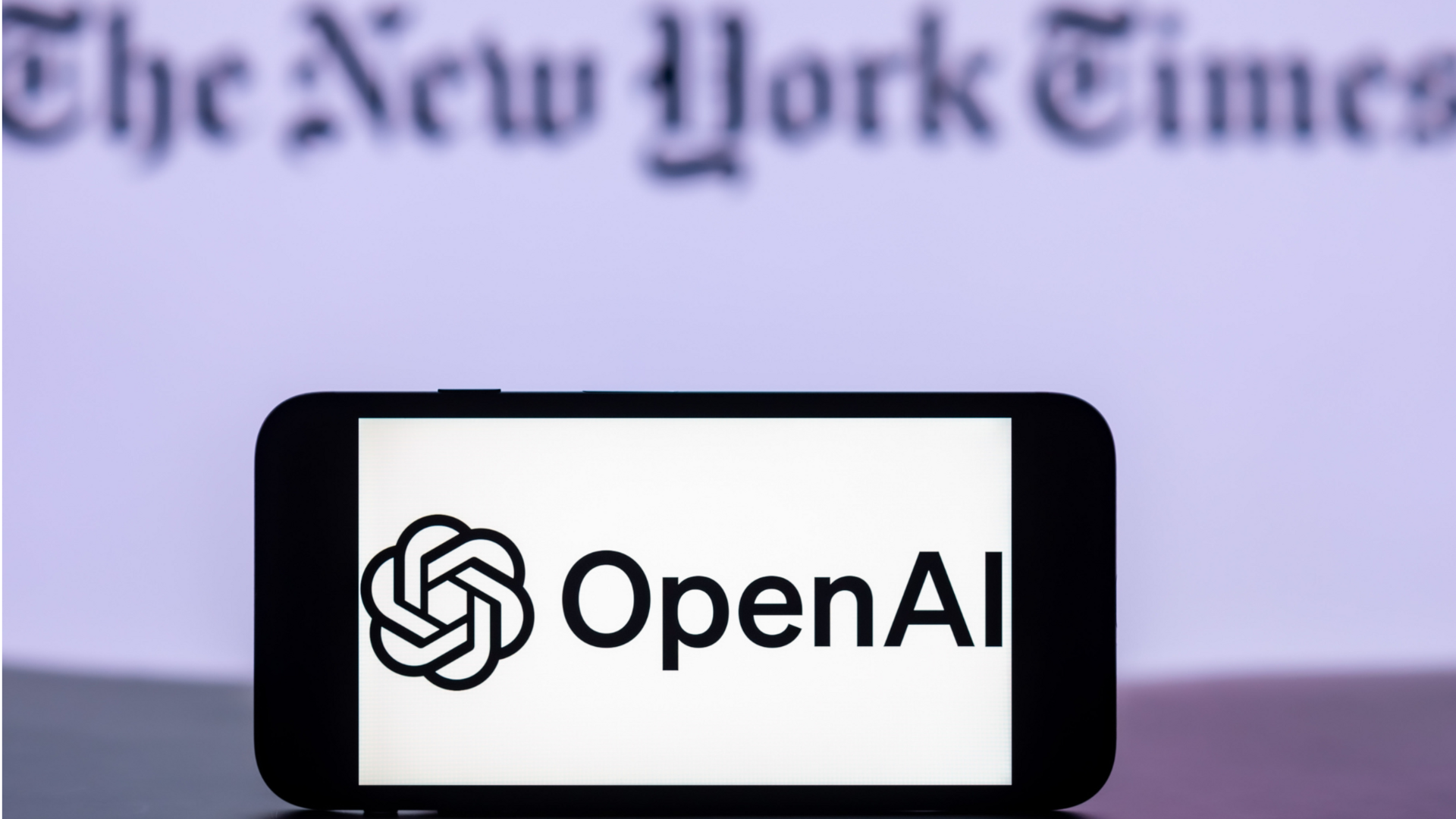NYT Responds to OpenAI's Claim of Hacking ChatGPT
 |
| Illustration: www.newsbytesapp.com |
The New York Times (NYT) has responded to OpenAI's claims that the newspaper "hacked" ChatGPT in order to set up a lawsuit against the AI company. In a court filing opposing OpenAI's motion to dismiss the copyright infringement lawsuit, NYT argued that OpenAI's attention-grabbing claim is both irrelevant and false.
 |
| Illustration: techwiser.com |
OpenAI had accused NYT of making tens of thousands of attempts to generate anomalous results from ChatGPT that would produce excerpts of NYT articles. The allegedly deceptive prompts used by NYT targeted two unintended phenomena from both the developer tools and ChatGPT: training data regurgitation and model hallucination. OpenAI considers these phenomena as bugs that they plan to fix. OpenAI also argued that ordinary users would not use ChatGPT in this manner.
NYT defended their tactics of prompting ChatGPT to generate memorized training data, including more than 100 NYT articles. They pointed out that ChatGPT users have frequently used the tool to generate entire articles to bypass paywalls. NYT stated that they were using these tactics to discover evidence of copyright infringement and track the extent of the tool's misuse.
NYT claimed that OpenAI's true grievance is not with how the newspaper conducted its investigation, but rather with what the investigation exposed. NYT argued that the investigation revealed that OpenAI had built their products by copying NYT's content on an unprecedented scale, a fact that OpenAI cannot dispute.
The court filing stated that ChatGPT initially infringed copyright by showing copies and derivatives of NYT works used to build the model. However, with the introduction of the "Browse By Bing" plug-in, ChatGPT was able to retrieve content beyond its training dataset, infringing copyright further by showing synthetic search results that paraphrased NYT works in response to user queries. This enabled ChatGPT users to bypass paywalls and access more recent content. OpenAI temporarily disabled the feature after learning about its unintended consequences.
NYT highlighted public reports of users turning to ChatGPT to bypass paywalls, contradicting OpenAI's claim that their products have not been used for this purpose. NYT argued that this underscores the need for discovery in the lawsuit, rather than dismissal.

Tidak ada komentar